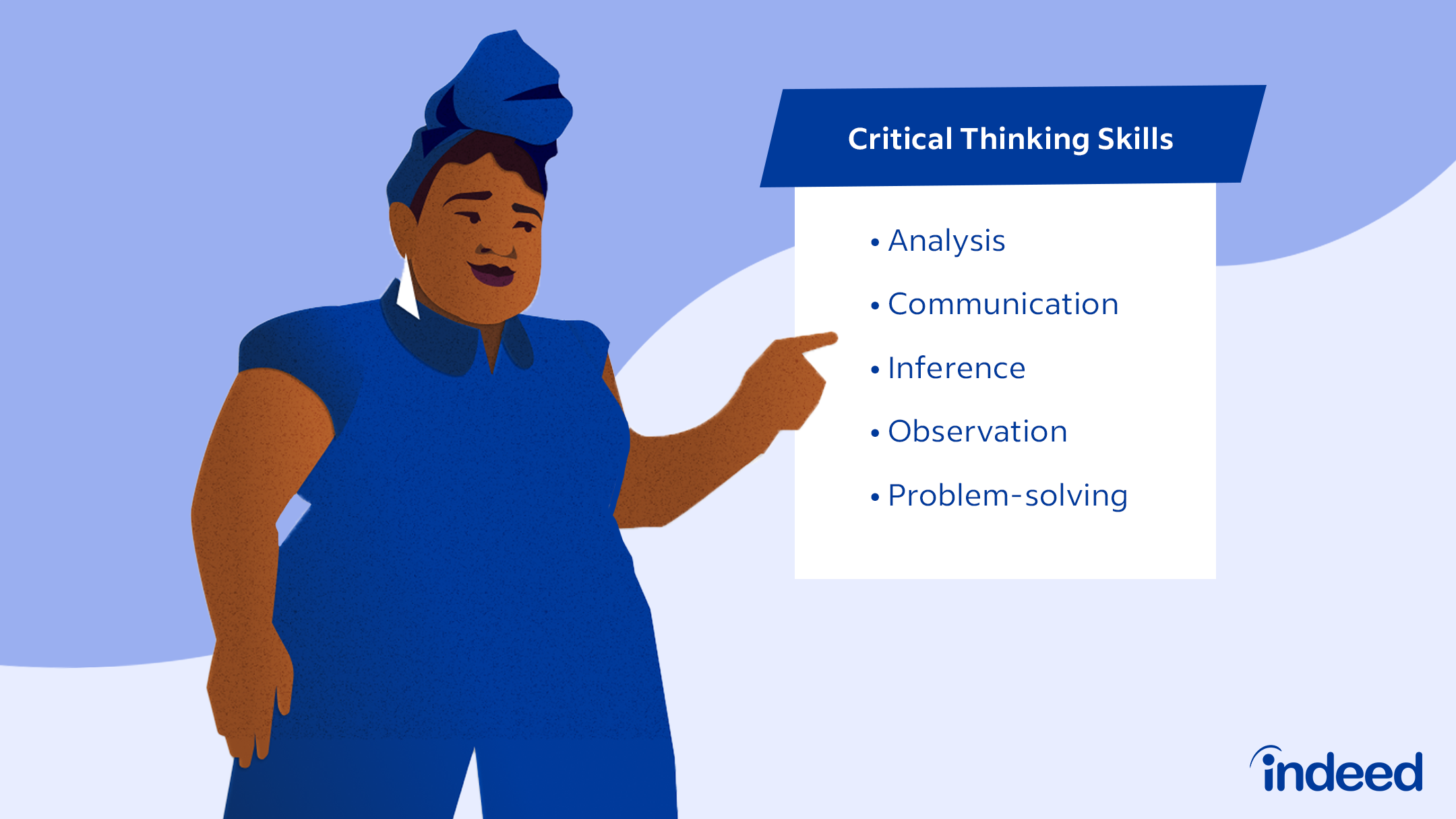Introduction
Critical thinking is an essential skill that enables individuals to analyze information objectively, make reasoned judgments, and solve problems effectively. In today’s information-rich world, honing this skill is more important than ever. Engaging in targeted exercises can sharpen one’s ability to think critically, leading to better decision-making and problem-solving abilities. This article explores five practical critical thinking exercises that can be easily incorporated into daily routines to enhance analytical skills.
1. Socratic Questioning
Socratic questioning is a method of disciplined questioning that encourages deep thinking and reflection. Named after the ancient Greek philosopher Socrates, this technique involves asking a series of open-ended questions to explore the underlying assumptions, beliefs, and reasoning behind a particular idea or argument.
How to Practice:
- Identify a statement or belief you hold.
- Ask questions such as:
- What evidence supports this belief?
- Are there alternative viewpoints?
- What are the implications of this belief?
- Reflect on the answers to gain a deeper understanding.
Benefits:
- Promotes self-reflection and awareness.
- Encourages open-mindedness and consideration of multiple perspectives.
- Helps identify and challenge assumptions.
2. The Five Whys
The Five Whys is a simple yet effective technique used to explore the root cause of a problem by asking “why” multiple times. This method helps in identifying the underlying issues rather than just addressing surface-level symptoms.
How to Practice:
- Define the problem clearly.
- Ask “why” the problem exists.
- For each answer, ask “why” again.
- Repeat this process until the root cause is identified.
Benefits:
- Helps uncover the underlying causes of problems.
- Encourages deeper analysis and understanding.
- Facilitates effective problem-solving.
3. Mind Mapping
Mind mapping is a visual technique that involves creating a diagram to represent words, ideas, or concepts linked around a central theme. This method helps in organizing information, identifying relationships, and generating new ideas.
How to Practice:
- Write the main idea or topic in the center of a page.
- Draw branches radiating out from the center, each representing a subtopic or related concept.
- Add further branches to explore details or connections.
- Use colors, symbols, and images to enhance understanding.
Benefits:
- Enhances memory and recall.
- Stimulates creativity and idea generation.
- Improves organization and clarity of information.
4. Debate and Discussion
Engaging in debates and discussions allows individuals to explore different viewpoints, develop arguments, and critically evaluate information. This practice enhances reasoning skills and the ability to articulate thoughts clearly.
How to Practice:
- Choose a topic of interest.
- Research both sides of the issue.
- Present arguments supporting one side.
- Listen to opposing viewpoints and respond thoughtfully.
- Reflect on the discussion to refine your understanding.
Benefits:
- Improves communication and argumentation skills.
- Encourages critical evaluation of information.
- Fosters open-mindedness and respect for differing opinions.
5. Problem-Solving Scenarios
Engaging in problem-solving scenarios involves analyzing a situation, identifying challenges, and developing solutions. This exercise enhances analytical thinking and the ability to approach problems systematically.
How to Practice:
- Present yourself with a real-world problem or scenario.
- Analyze the situation by identifying key factors and stakeholders.
- Develop possible solutions and evaluate their feasibility.
- Implement the chosen solution and assess the outcomes.
Benefits:
- Enhances problem-solving and decision-making skills.
- Encourages systematic thinking and planning.
- Builds confidence in handling complex situations.
Read More: Classroom 30X: A Complete Guide to the Free Game-Based Learning Platform
Conclusion
Critical thinking is a vital skill that can be developed through consistent practice and engagement in various exercises. Incorporating techniques such as Socratic questioning, the Five Whys, mind mapping, debates, and problem-solving scenarios into daily routines can significantly enhance analytical abilities. By fostering a habit of reflective and structured thinking, individuals can improve their decision-making, problem-solving, and reasoning skills, leading to more informed and effective outcomes in both personal and professional contexts.
FAQs
- What is critical thinking? Critical thinking is the ability to analyze and evaluate information objectively, considering various perspectives to form reasoned judgments.
- Why is critical thinking important? It enables individuals to make informed decisions, solve problems effectively, and navigate complex situations with clarity.
- How can I improve my critical thinking skills? Engage in exercises like Socratic questioning, the Five Whys, mind mapping, debates, and problem-solving scenarios to practice and enhance your analytical abilities.
- Can critical thinking be learned? Yes, critical thinking is a skill that can be developed through practice and application of various techniques.
- How often should I practice critical thinking exercises? Regular practice, even for short periods daily, can lead to significant improvements in critical thinking skills over time.
